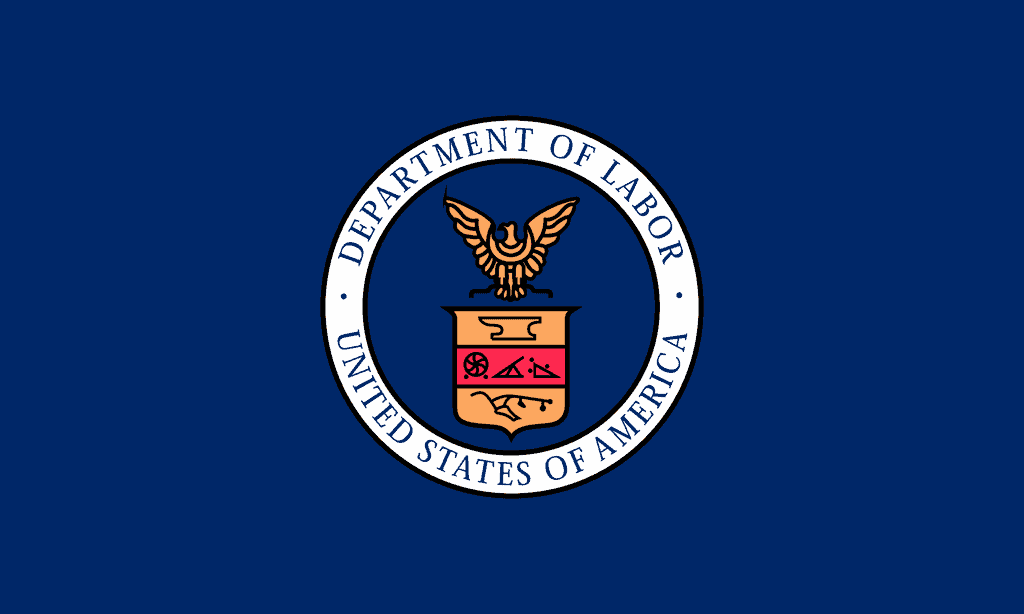William Greenlaw is a student at Harvard Law School.
Members of the Environmental Protection Agency’s largest union plan to ask the Biden administration to declare a climate emergency and take other dramatic steps to help the environment. As currently designed, a declaration of a national emergency would activate 123 statutory powers typically unavailable to the president. This demand will be part of the American Federation of Government Employees Council 238’s contract negotiations with the EPA. Joyce Howell, chief negotiator for the union, who is also an attorney for the EPA, said, “There’s a window of opportunity for significant advances in the federal labor movement right now because of our president, so why not swing for the fences?” In particular, the union’s environment-related demands include reinstating a crude oil export ban on the National Emergencies Act and Defense Production Act, enact a clean energy standard to decarbonize the energy sector by 2035, and impose a moratorium on the creation of fossil fuel infrastructure. Other requests include loan guarantees for renewable energy development and carbon emissions reductions at federal agencies. Nicole Cantello, president of the union’s Local 704 chapter in Chicago, said, “So far into the administration, Biden really hasn’t addressed climate. At EPA we haven’t seen the level of climate action we want to see. He has issued EOs (executive orders), but there’s so much more we can do.”
Walmart is seeking a new trial over a discrimination lawsuit from an employee with down syndrome named Marlo Spaeth, whom the company fired after she worked at a Walmart store in Wisconsin for over 16 years. Last July, a federal jury concluded that Walmart’s treatment violated the Americans with Disabilities Act and award her a massive $125 million in damages. The award was reduced later to the statutory cap of $300,000. Walmart fired Spaeth after claiming excessive absenteeism, yet Spaeth and her sister requested repeatedly that her old shifts be reinstated after Walmart’s new digital timetable system changed the way shifts are run. Walmart fired her instead. In a filing, Walmart requests a new trial, claiming that management did not know that Spaeth’s Down Syndrome would affect her ability to adjust to the new scheduling system. Hence, the company argues, the company lacked the intent or reckless indifference to her disability. Spaeth’s sister, Amy Jo Peterson, said she believes, “the jury got it right the first time” and that Spaeth is going to return to work “proud as a peacock.”
The United States Department of Labor is officially back in the office, permitting its 15,000-member workforce to return to full capacity. Earlier this week on Monday, the DOL entered is “Phase 3” return to the office, allowing reentry for any position performable on-site. The DOL had previously delayed its return date multiple times due to fluctuations in COVID cases and variant outbreaks across the U.S. for the past few months. The original plan was to bring workers back in full by November of 2021. The DOL will review the CDC’s measurements of community risk level in its facilities weekly to determine additional coronavirus safety measures, such as wearing masks in the office.






Daily News & Commentary
Start your day with our roundup of the latest labor developments. See all
January 15
New investigation into the Secretary of Labor; New Jersey bill to protect child content creators; NIOSH reinstates hundreds of employees.
January 14
The Supreme Court will not review its opt-in test in ADEA cases in an age discrimination and federal wage law violation case; the Fifth Circuit rules that a jury will determine whether Enterprise Products unfairly terminated a Black truck driver; and an employee at Berry Global Inc. will receive a trial after being fired for requesting medical leave for a disability-related injury.
January 13
15,000 New York City nurses go on strike; First Circuit rules against ferry employees challenging a COVID-19 vaccine mandate; New York lawmakers propose amendments to Trapped at Work Act.
January 12
Changes to EEOC voting procedures; workers tell SCOTUS to pass on collective action cases; Mamdani's plans for NYC wages.
January 11
Colorado unions revive push for pro-organizing bill, December’s jobs report shows an economic slowdown, and the NLRB begins handing down new decisions
January 9
TPS cancellation litigation updates; NFL appeals Second Circuit decision to SCOTUS; EEOC wins retaliation claim; Mamdani taps seasoned worker advocates to join him.